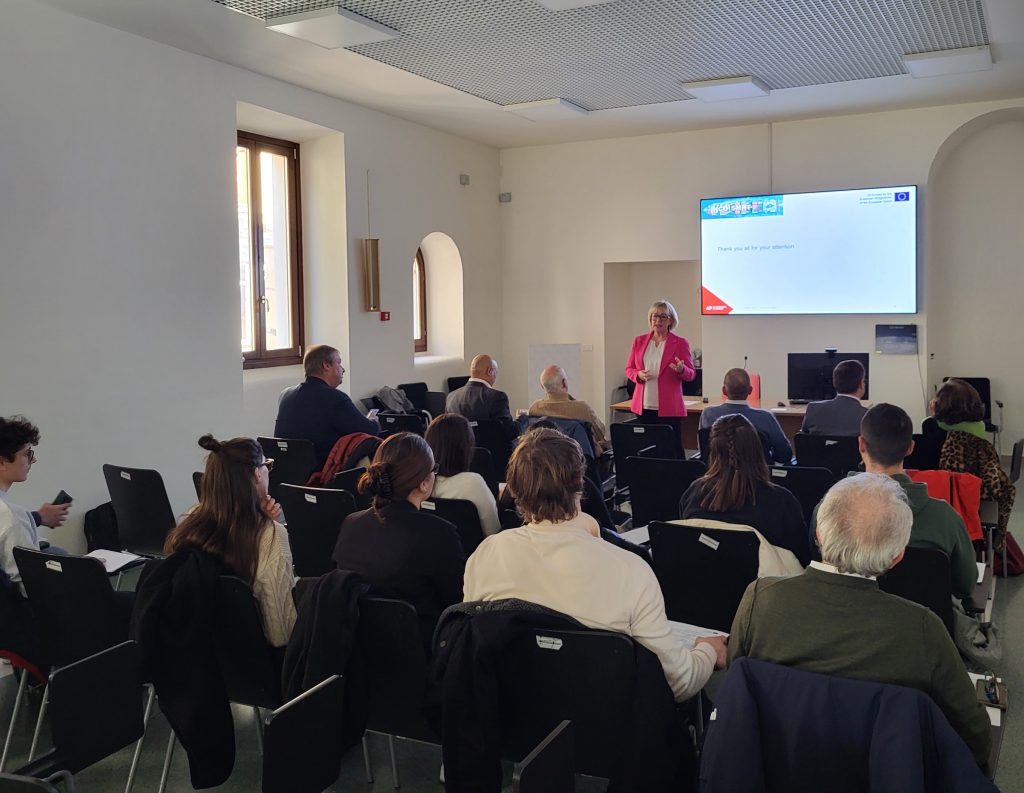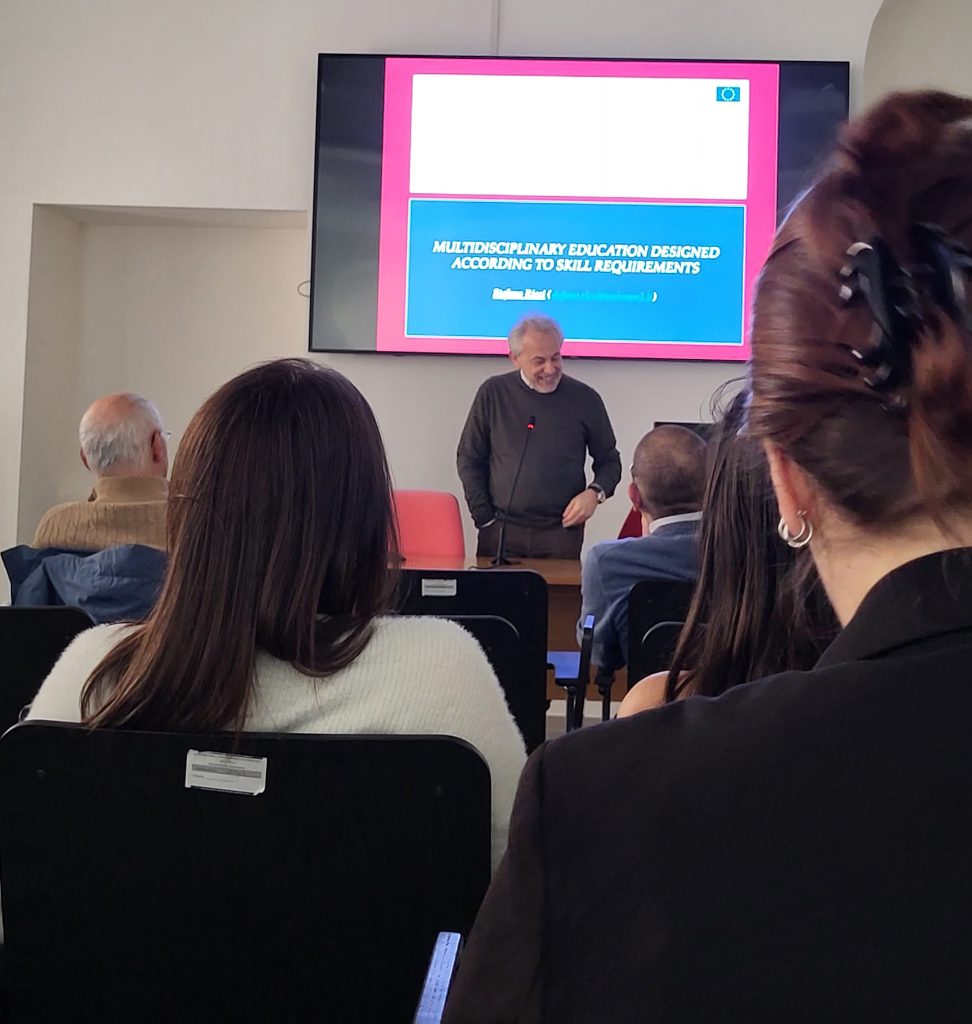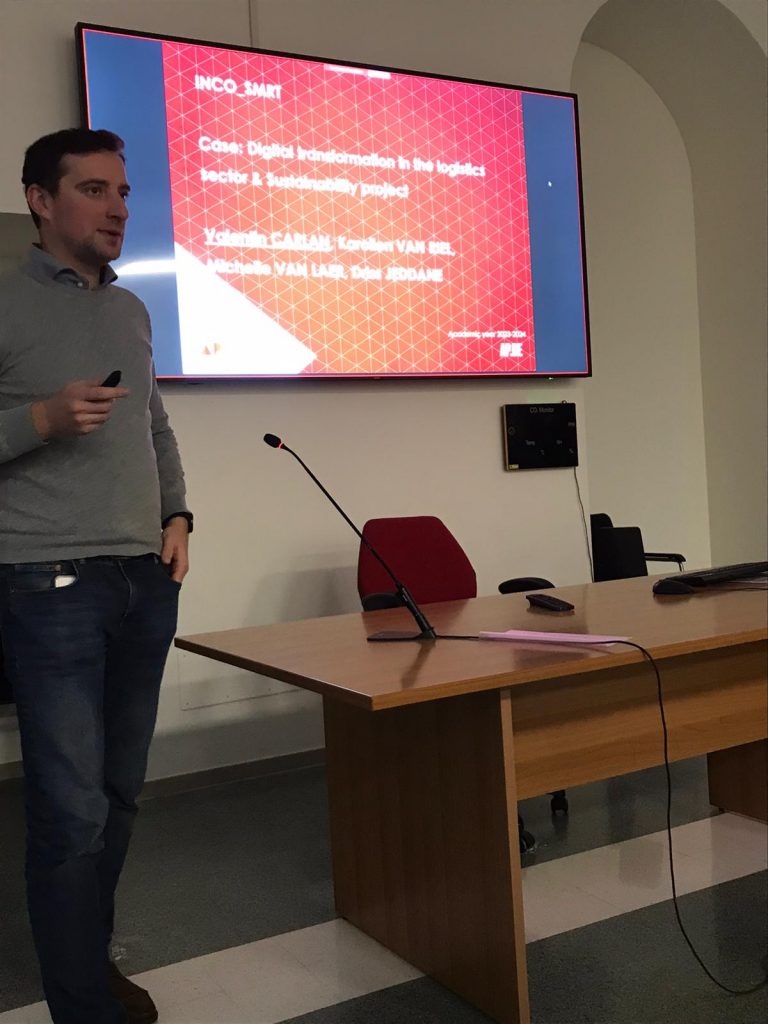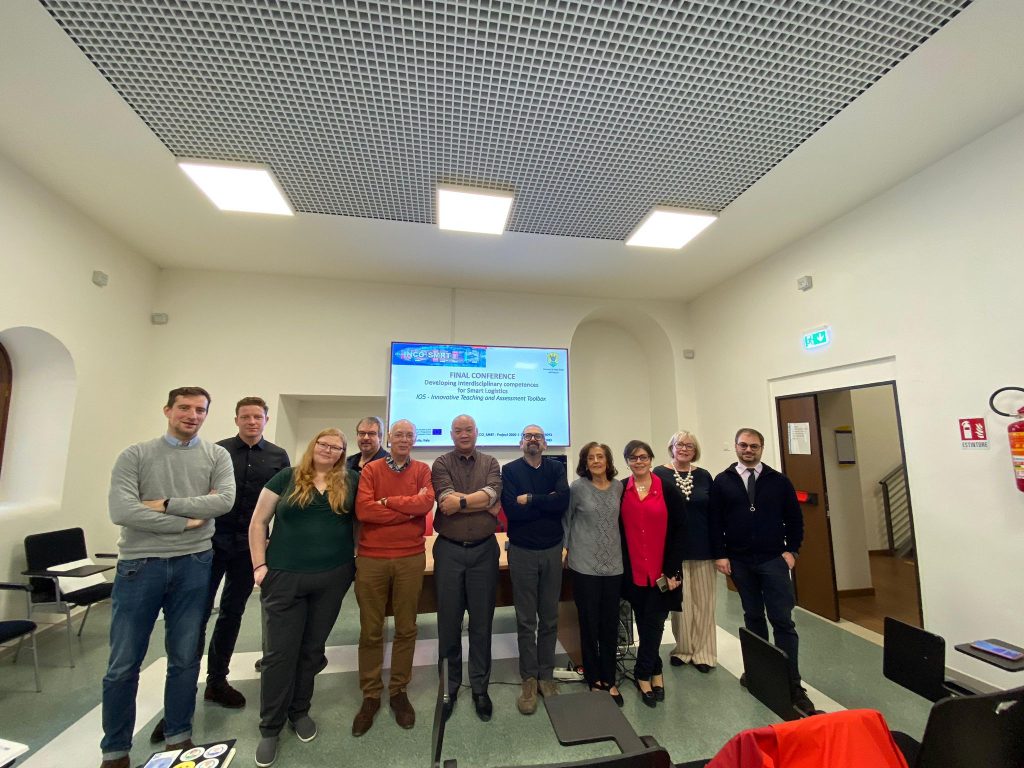Report on IO1
Report on IO4
Report on IO2
Report on IO5
Report on IO3
Report on IO6
Quality and evaluation report – INCO_SMRT
Papers
Bridging the gap
Train the trainer
INCO_SMRT BLOGS
EU projects in times of COVID
In February 2020 the world stopped and closed in the first worldwide lockdown. Since then we have undergone various waves of COVID, have been working on and off from home… Some of us have lost loved ones, some of us had children and all of us have had multiple vaccines.
In the surreal context that was a consequence of the lockdowns, we spoke with partners all over the world. There was not one university open. Not one student went to class. Everybody was working from their home office. Also, different types of economy lead to different reactions. Digitalization is one solution that has popped up in all countries and where it used to be an extra, it has become now a necessity or even an obvious skill.
The crisis, caused by COVID was different from all other crises before: born in the health segment of society, it had consequences in every layer of society. Moreover, the whole world was affected by it. The economic consequences that were noticed, differed as all the economies involved, differ. And it is not over yet, because in this winter, of 2023, we hear again of numerous patients who, notwithstanding the vaccinations, are very ill with it.
Nevertheless, international projects were running – most of them got a prolonged project lifetime. Other projects were born during the COVID pandemic.
INCO_SMRT was one of them.
For the projects that had started before the pandemic, it was difficult to maintain the level of collaboration. Everybody noticed that stakeholders struggled to remain motivated, struggled to remain interested. Also partners themselves lost the feeling with the project because all activities needed to be done online.
For the projects that started in the pandemic, it was almost impossible to create a strong bond between the partners. It is true COVID taught us that online working and meeting is possible and can be fruitful. But without a first physical meeting, where you can see your partners live, where you speak to them and engage yourself to do your tasks in the project, it feels less real. In INCO_SMRT we worked for eight months before we actually met for the first time in Eindhoven. Those first months were hard work to get the engine going and to get all partners on the same line towards project outcomes. We kept our monthly TEAMS and that has proven to be the key to our success. We got behind with the work but this was recuperated quickly in the second year of the project.
For all projects that have started after COVID, we can say that they look different. To begin with, there is much less physical travel. A significant portion of the budget is saved by holding meetings online or at most in a hybrid format. Work is being done on line. More attention is given to ‘smart’ and ‘green’ topics, and inclusivity remains a strong asset for projects. After all, not everyone came out of COVID unscathed. Several companies went bankrupt, and people lost their jobs. Parents did not have enough budget to buy a separate computer for each family member. The consequences were endless.
The projects approved in the Spring of 2023 are starting right now. We are all much more aware that international contacts and travel can no longer be taken for granted. Maybe we appreciate working internationally more. And maybe, just maybe, this will result in more involvement and better project outcomes.
Hilde Hoefnagels
AP University of Applied sciences and Arts Antwerp
Forging Tomorrow: An In-Depth Journey Through the INCO_SMRT Project Event
December 18-19, 2023 | L’Aquila, Itally
Nestled in the heart of L’Aquila, a diverse tapestry of professionals, educators, and students gathered for an immersive two-day exploration of the INCO_SMRT project’s culmination. Under the guidance of the dynamic Hilde Hoefnagels from AP University College, the event unfolded as an inspiring list of insights, promises of collaborative innovation, and a nuanced examination of the future terrain of education.



Day 1: A Prelude to Excellence
The event commenced with a registration period, an orchestration of eager minds assembling to partake in the forthcoming intellectual banquet. Hilde Hoefnagels, the maestro orchestrating the proceedings, welcomed participants and seamlessly transitioned into introducing the erudite Prof. Dr. Stefano Ricci from the University of Sapienza, Rome. Porf. Ricci’s keynote address, a mosaic of academic wisdom and practical applicability, set the tone, emphasizing the cardinal role of innovation and collaboration in the educational ecosystem.
The spotlight then pivoted to the INCO_SMRT project itself. Hoefnagels, a captivating storyteller, guided participants through a meticulous overview of the project’s genesis, its nuanced objectives, and the resounding achievements that had ripened over the project’s lifecycle. Attendees were not merely spectators; they were participants in a narrative of transformative impact.
Representatives from Fontys, Carl Wolf, a key protagonist in the INCO_SMRT saga, took center stage. In a riveting exploration, they navigated through the intricate landscape of identifying new logistic skills demanded by the pulsating job market. A deep dive into the development of curricula ensued, demonstrating how ICT seamlessly intertwined with logistic skills, becoming the guiding compass for educational innovation.
Post a stimulating coffee break, AP reclaimed the stage. The presentation of Valentin Carlan delved into the alchemy of crafting innovative teaching models—a symphony of multidisciplinary curricula designed to equip students with not just technical prowess but also transversal skills. The day culminated in an interactive dialogue, where partners and the public interwove their diverse threads of knowledge, enriching the collective tapestry of insights.
Day 2: The Tapestry Unfurls Further
As dawn painted the second day, participants once again convened for registration, a subtle reminder of the intellectual odyssey continuing. The stage was set for UCL, in particular by Peter Hertel-Storm to unfold a vivid tapestry of the new materials taught in practice—a tangible manifestation of the project’s impact on the very fabric of education.
The spotlight then shifted to the human dimension—the student perspective. UNIVAQ, by Francesco Tarquini took the reins, leading a comprehensive discussion on supporting teachers and unraveling the complexities of the student experience with the newfound materials. Direct online interviews and poignant videos featuring students immersed in the INCO modules provided not just data but human stories, adding a personal touch and invaluable insights into the real-world application of the project’s outcomes.
The latter part of the day became a canvas for envisioning the future beyond the project’s temporal boundaries under the lead of Anna Tozzi. A resounding call to action echoed through the venue, challenging participants to consider the sustainability and longevity of the project’s impact. Discussions unfolded with a keen eye on the future of logistics education, contemplating the dynamic changes it may undergo and how INCO_SMRT laid the foundation for those transformations.
Amidst the intellectually stimulating sessions, a well-deserved lunch break provided a perfect setting for networking, fostering connections, and the genesis of informal collaborations. The day concluded with a closed-door Partner & Steering Committee meeting—an exclusive realm where INCO_SMRT partners strategized and collaboratively charted the course for the sustained impact of their collective efforts.
The crescendo of the event reached its zenith with the closure of the project by Hilde Hoefnagels, who artfully summarized the journey and illuminated the far-reaching implications of the INCO_SMRT endeavor. A celebratory drink followed, a symbolic libation to the successful completion of the INCO_SMRT journey, allowing participants to toast not just to a project but to a shared commitment to transformative education.
In retrospect, the event stands as a magnum opus—a testament to the power of collaborative efforts in shaping the future of education. The INCO_SMRT project, with its innovative approach and the unwavering dedication of its contributors, has not only left an indelible mark on the landscape of logistics education but has sown the seeds for a perennial garden of learning. As participants dispersed, they carried not only memories of insightful discussions but a nuanced understanding—a profound recognition of the potential to implement positive changes in their respective spheres. The echoes of the INCO_SMRT event will resonate through corridors of academia and industry, influencing the trajectory of education collaboration for years to come.


